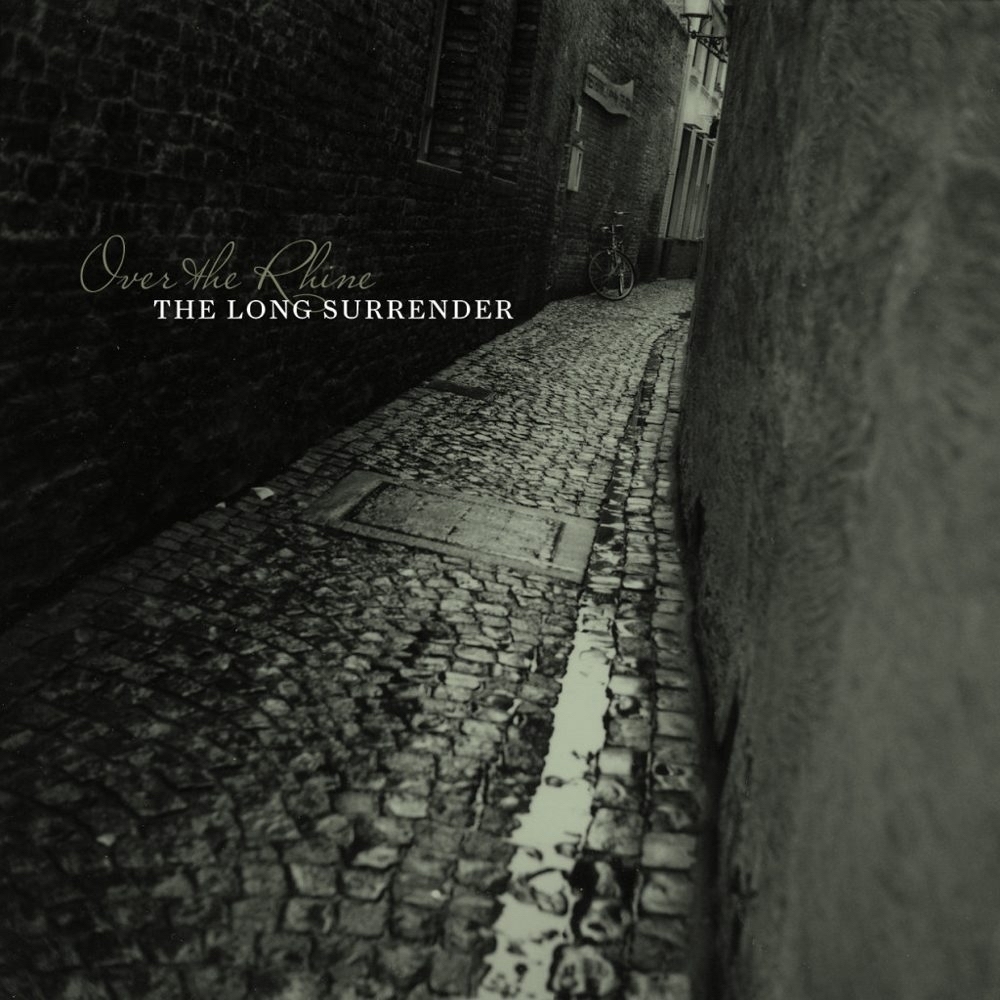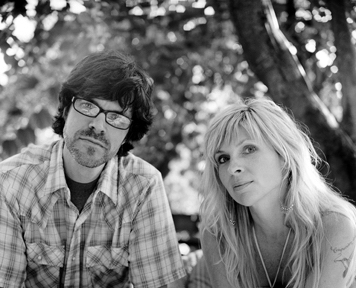The Long Surrender by Over the Rhine - A Review
This is one of the few Amazon reviews I’ve ever written. It still holds true for me today. The Long Surrender is still my favorite, and still their best, album.
I grew up in Cincinnati, and a friend introduced me to Over the Rhine when I was in high school in the mid-90s. They’ve been my favorite band since then, so I’m a fan of most of their music. I believe this album to be their best, and I kick myself three or four times a year for not helping to crowdfund it. On its own, it’s a gorgeous record. Their lyrics and songwriting have never been stronger. The production by Joe Henry is, of course, just as essential as the music itself. If you’ve never heard Over the Rhine before, you’ll certainly appreciate the very true, authentic talent you’ll hear. But if you take a deeper, more deliberate listen, you might discover a few more layers that will make your experience even more profound.
When I listen to The Long Surrender, I hear a concept album rich with metaphor and deep meaning - I hear a civil war, complete with an antebellum period and a reconstruction. From the first few chords you’ll know you’re hearing an ending starting to begin - a war brewing within us and around us. Percussion throughout the first half of the album evokes many images: a dusty southern veranda being swept by a broomcorn broom, a field march calling soldiers to serve, a grown up baptism, a slow, seductive, southern flamenco, and cannon fire.
Lyrics like, “The blood is sweet, the veil is thin, let your wreckage cleanse my skin” are some of the best they’ve written - delicious poetry, every word. “Undamned”, a perfect duet with Lucinda Williams, begs us, “Don’t count me out just yet.” You won’t, don’t worry. “Infamous Love Song” ends in a deep growl signaling the last breath of war. The turning point - the beginning of reconstruction - starts with “Only God Can Save Us Now.” In this song, the percussion changes from a call to arms or a battle into a swinging, knocking pendulum in an old and towering grandfather clock. The song, which features a gospel choir, is about Berquist’s mother who lives in a nursing home, and the people bound there with her. The gospel choir returns for “The King Knows How” - a rollicking train ride on a long train track that’s still being nailed down. Here, you’re on a trip to Memphis (or maybe heaven) to visit with Elvis (or maybe Jesus).
“All My Favorite People,” is a living room parade celbrating our most beautiful imperfections, like a New Year’s Eve party just past midnight. If my civil war is life analogy is to be believed, it’s also delightfully ironic for a song celebrating the broken to appear during a time of reconstruction. But really, what else is there to celebrate by that point? “Unspoken,” the album’s final and only instrumental track, leaves us with a sense of perpetiuity and continuity. We’ve been here before, and we’ll be here again.
The Long Surrender is what it says it is. When you listen to it, you’ll think about how we’ve surrendered to ourselves and to each other. How we’ve surrendered to life as it is or can be, and also to death - our own or someone else’s. You’ll think about how we can surrender to both our enemies and to our allies. It’s through all this surrendering that we learn why we are who we are.
That’s what this album means to me. And, that’s why this album is essential to me. I hope you listen to it, and I hope you find it as meaningful as I have.

